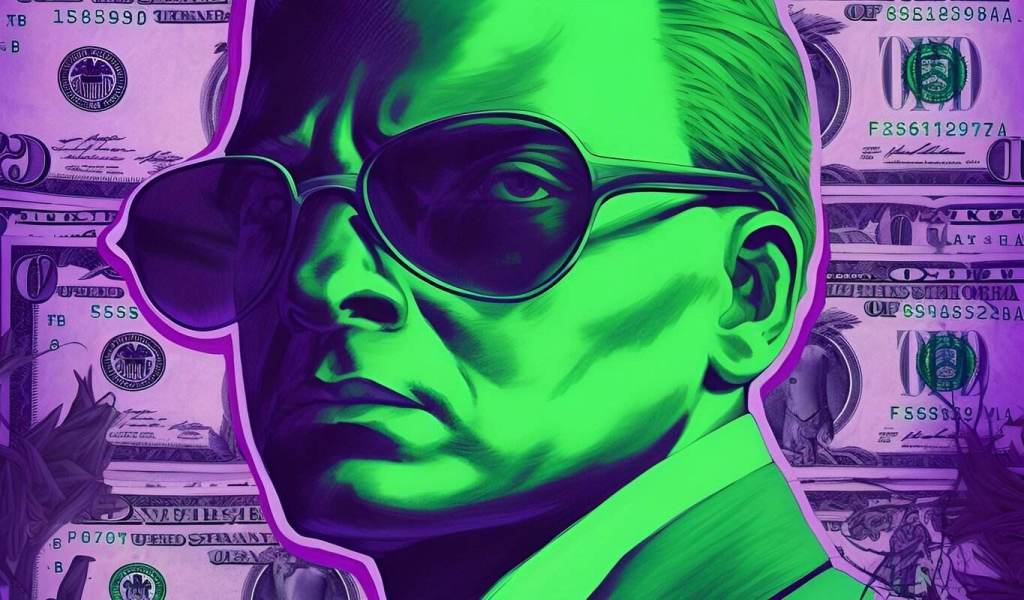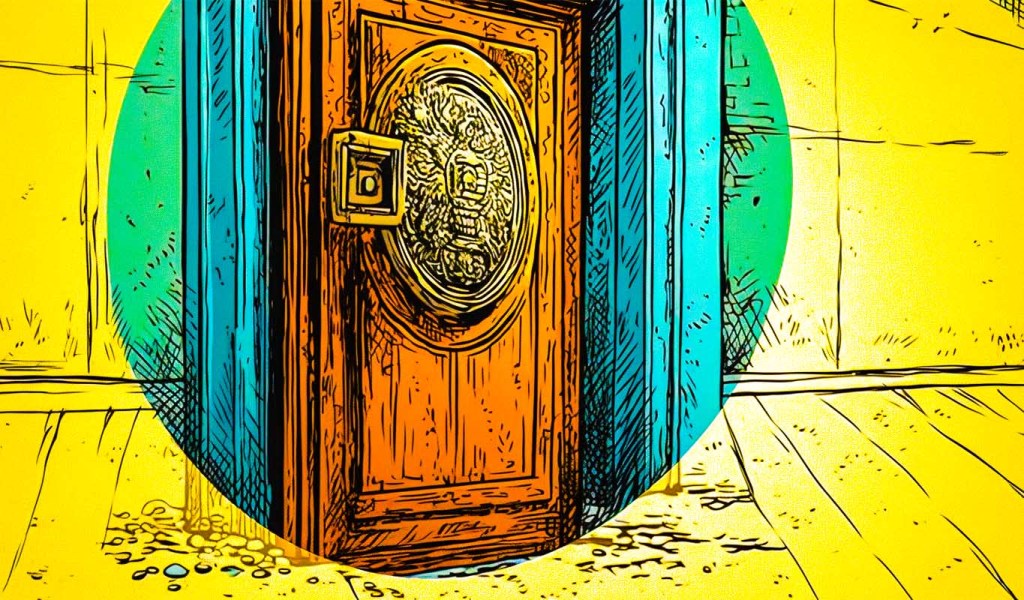
The project simulated transfers to customers of BDO Unibank in the Philippines with improved settlement time, cost and transparency.
The Digital Dollar Project (DDP) announced the completion of a pilot study of remittance payments to the Philippines using a simulated retail central bank digital currency (rCBDC). Western Union and BDO Unibank were partners in the project.
The project used a version of the DDP’s Champion Model. In it, a simulated central bank issued CBDCs to an intermediary bank, which provided access to it to Western Union (WU) for remittance to a BDO Unibank customer in the Philippines. WU used a decentralized exchange (DEX) to trade a dollar CBDC for a Philippine peso CBDC at a real-time rate set by a third-party oracle. WU received payment confirmation and transferred the amount to the bank customer’s account.

The transaction used central bank money, as opposed to commercial bank money, for the entirety of the transaction, in contrast to current practice. The DEX was a primary feature of the study. The authors noted that the development of such an exchange could have the advantages of creating competition and increasing transparency. They noted, however, that most remittances to the Philippines take place when trading is closed in Manila, so that leg remains problematic.
Privacy issues were not addressed in the study, though the report noted that distributed ledger technology helps preserve privacy “by allowing for granular control over the level of consumer data sharing.”
Related: CBDCs should protect privacy, not be a surveillance tool: Former CFTC chair
By using distributed ledger technology, the transfer of the message and transfer of value took place simultaneously and within seconds. With current technology, value transfer takes longer than message transfer, introducing counterparty and credit risk. The authors concluded:
“The pilot demonstrated that rather than displacing the service offerings of Western Union and BDO Unibank, CBDCs present an opportunity to modernize processes and promote efficiencies for private sector companies and their customers."
Remittances are typically valued at $200-$300 per transaction. They had a total value of $626 billion in 2022, according to research cited in the report. In 2021, $74 billion in remittances were sent from the United States. Seven percent of U.S. households sent remittance abroad.
PUBLICATION: Findings of our latest whitepaper delve into the benefits and considerations of utilizing a potential U.S. #CBDC in cross-border payments. Pilot study with @WesternUnion, BDO Unibank, and @Accenture shows a CBDC could expedite payments in https://t.co/vR2Z8wRNaR pic.twitter.com/X7HRCcshnc
— The Digital Dollar Project (@Digital_Dollar_) August 3, 2023
Remittances from the U.S. to the Philippines usually cost 4.4% on a total transaction of $200, with bank transfers costing 7.98% on average. The simulated process would save time and money, as well as increase transparency.
The DDP, co-founded by former Commodity Futures Trading Commission Chair Christopher Giancarlo, launched its technical sandbox in September. Accenture also provided support for the project.
Magazine: China’s Digital Yuan Is an Economic Cyberweapon, and the US Is Disarming












